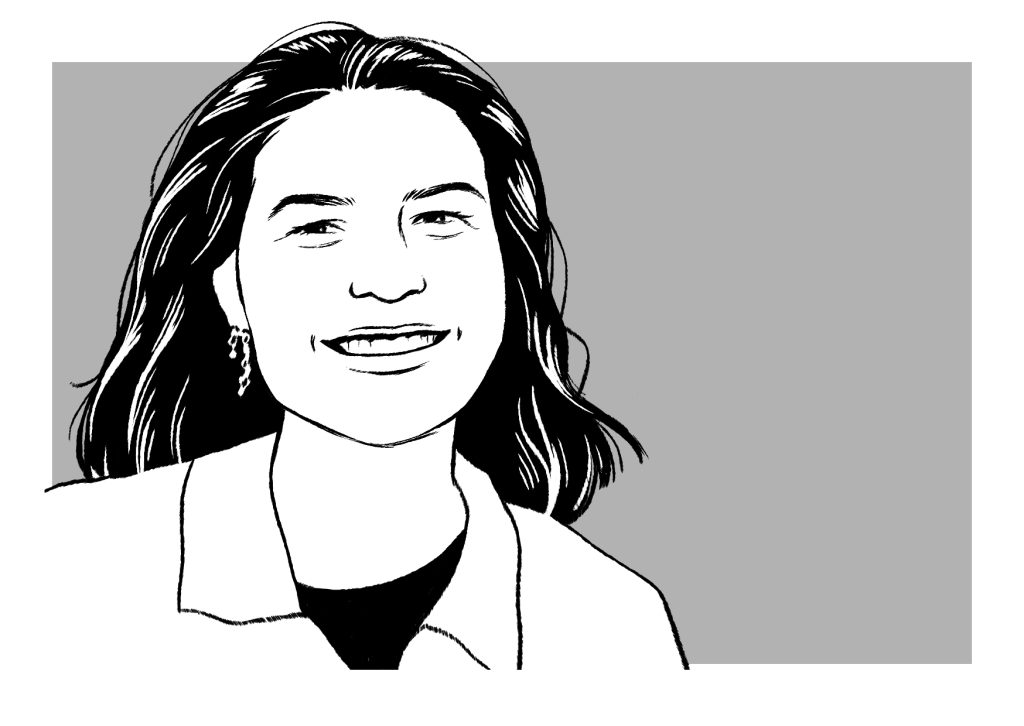Prague, 6 October 2022. Forty-four heads of state and government stand next to one another for a family photo in Prague’s castle. The image is a sign that Russia’s aggression to Ukraine has united Europe in more than just solidarity, but that countries share a desire to align actions and policies on peace, security, and energy as well. Three months later and the European Political Community (EPC) captured in this photo is no longer discussed. The meeting was just the first of at least four: the next three are planned to take place in Moldova, Spain, and the United Kingdom.
Emerging from President Emmanuel Macron’s May 9th speech to the EU Parliament last year, the EPC appeared to be yet another alternative to the EU enlargement process, embodying tight and positive neighbourly relations. “Joining it would not prejudge future accession to the European Union necessarily, and it would not be closed to those who have left the EU”, stated Macron. Indeed, among the forty-four delegations, there were not only representatives of the recently accepted EU candidates Ukraine and Moldova, but also from the Western Balkans – a region whose countries have long been in negotiations to accede. The only former EU Member State attended too, though Liz Truss cannot be expected to participate at the next summit. Russia and Belarus were the notable absentees in Prague. Rather, the EPC stems from an ambition to “allow democratic European nations that subscribe to [the EU’s] shared core values” – words that are apt for Iceland and Switzerland but not so much for Turkey.
Instead, this raises the question of whether the EPC is more than a forum for discussing peace, security, and the energy crisis. Is it also an appropriate space to address sovereignty matters in the Western Balkans and the Mediterranean Sea? Can the rift caused by Brexit be somewhat mended? In times of shocks to the balance of power on the international stage – i.e. the Russian invasion of Ukraine – scholars agree that informal intergovernmental organizations, such as the EPC, offer a halfway sort of institutional reform where relatively powerful states advance joint interests and minimize the deviation from the status quo. All of this can be accomplished without locking states into an independent, treaty-based organization costing them high financial and human resources for its establishment and operation. Yet, as the EPC is still in an experimental phase, its procedures and design are still widely open to change.
Certainly, the EPC is an inclusive framework for dialogue. The far-reaching engagement can already be deemed productive. We have witnessed a UK realignment with continental Europe, Turkey and Greece present under the same framework, and the same for Serbia and Kosovo. Also impressive, following the first EPC summit, Armenia and Azerbaijan agreed to an EU peace mission and to de-escalate tensions. However, it would be an error of judgement to disregard the already-existing divisions in the EPC, as they significantly raise the risk of quarrel.
On energy matters, there were only some achievements. First, the United Kingdom signed a memorandum of understanding to re-engage with the North Seas Energy Cooperation: a regional, non-binding cooperation for the development of offshore renewable energy involving eight EU member states. Second, there was an unsuccessful attempt to discuss a key project that would deliver gas from the Iberian Peninsula to France and beyond. Soon after, however, a revised project in which the pipeline carries only hydrogen was announced and welcomed.
What remains central so far, to its discussions and evolution, is the alignment of policies that carry security implications for Europe. Though speaking of international security, it may then seem that NATO and the UN are missing from the photo taken in Prague. Similarly, it remains to be seen how the EPC relates and compares to the OSCE given its nearly total membership overlap. Unlike these international organizations, the format of the first summit made it improbable there would have been tangible outcomes, such as formal decisions, but its mere occurrence is of symbolic value. Perhaps, without the Russia-Ukraine war there would have been no summit, but the EPC demonstrated unity and the value of dialogue just six months after the aggression began. European states are decisively moving towards addressing common challenges by prioritizing security; this may be of reassurance to Ukraine that there is a cohesive European community.
It remains to be seen whether the family photo in Prague’s castle will become a piece of history, as the EPC so far faces challenges due to its internal contradictions and undefined format. As war returns to European soil, the photo captured conveys many intricate stories and a unified message: there is an urgent need for diplomacy and joint action among like-minded states.

Francesca is a 2023 Master of Public Policy candidate at the Hertie School. Italian, with various international experiences, she completed an International Relations BSc and Global Politics MSc. She is interested in international law and policy-making, as well as the geopolitics of the Arctic region. In her free time, she enjoys practicing sports, cooking, and exploring Berlin.
Views expressed by the author(s) do not represent the Hertie School.
